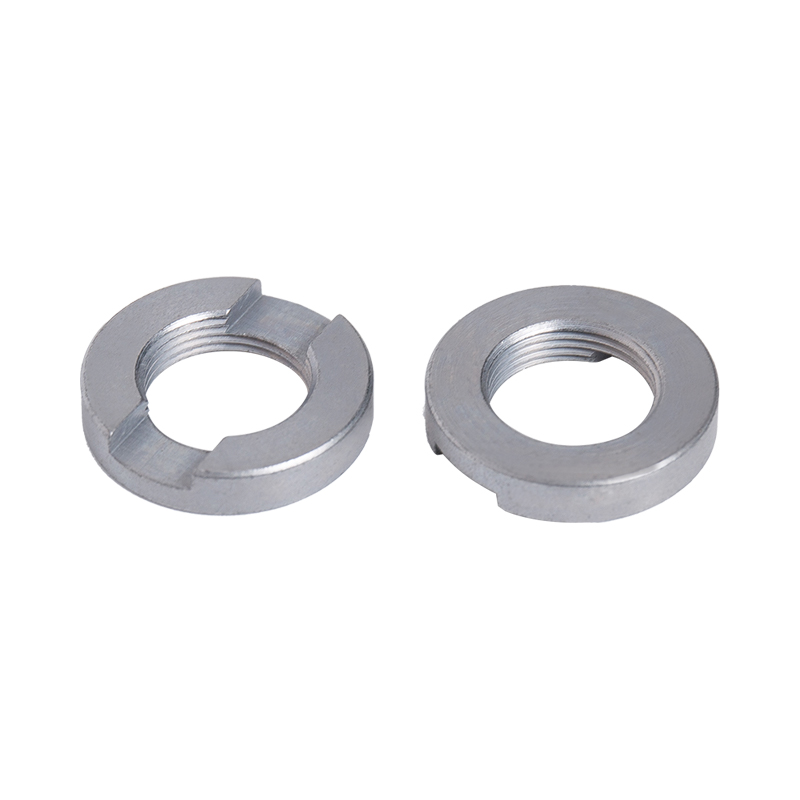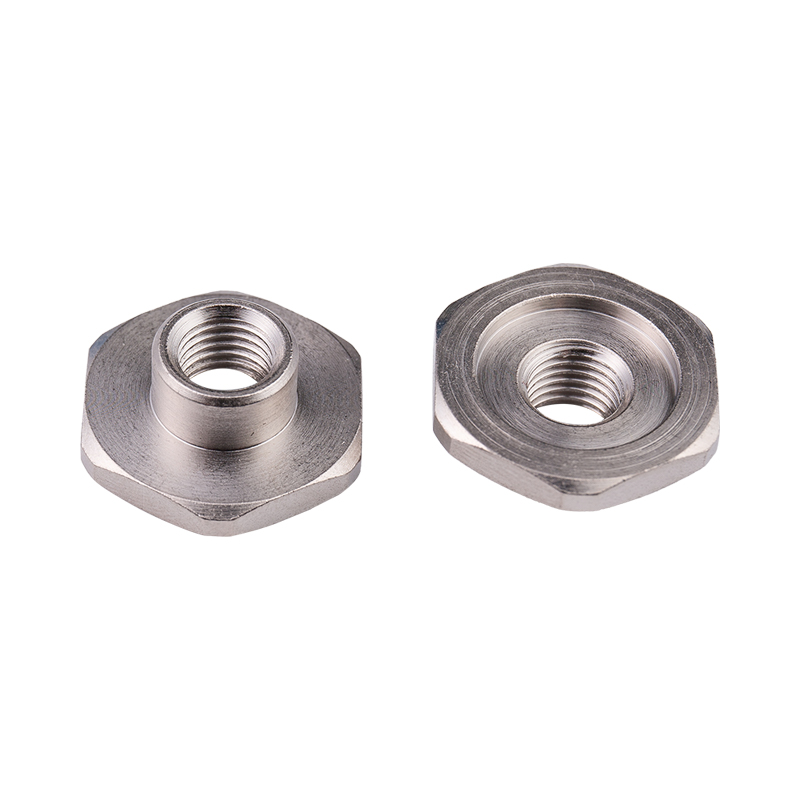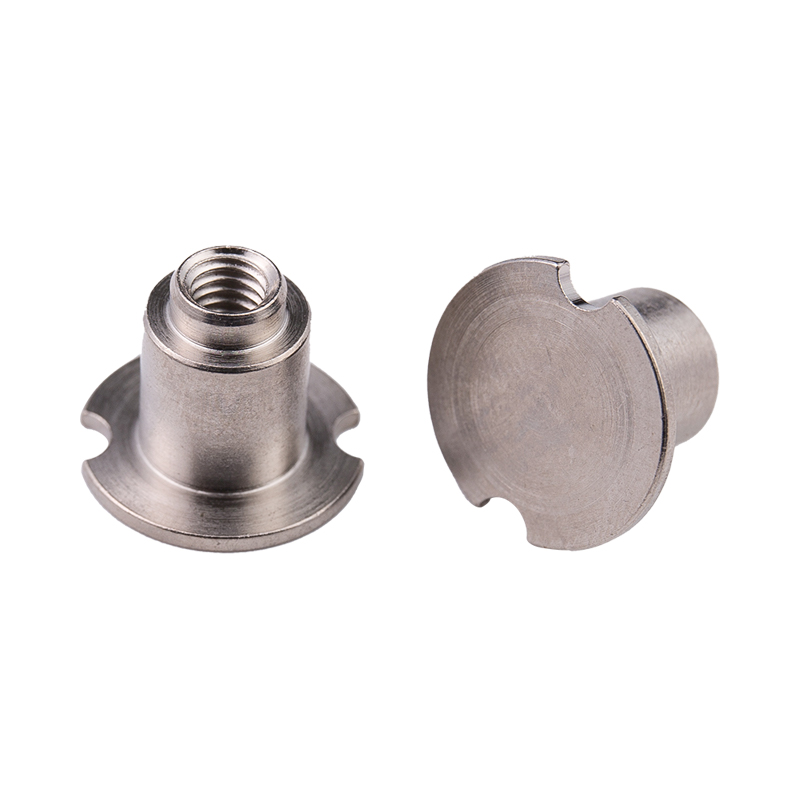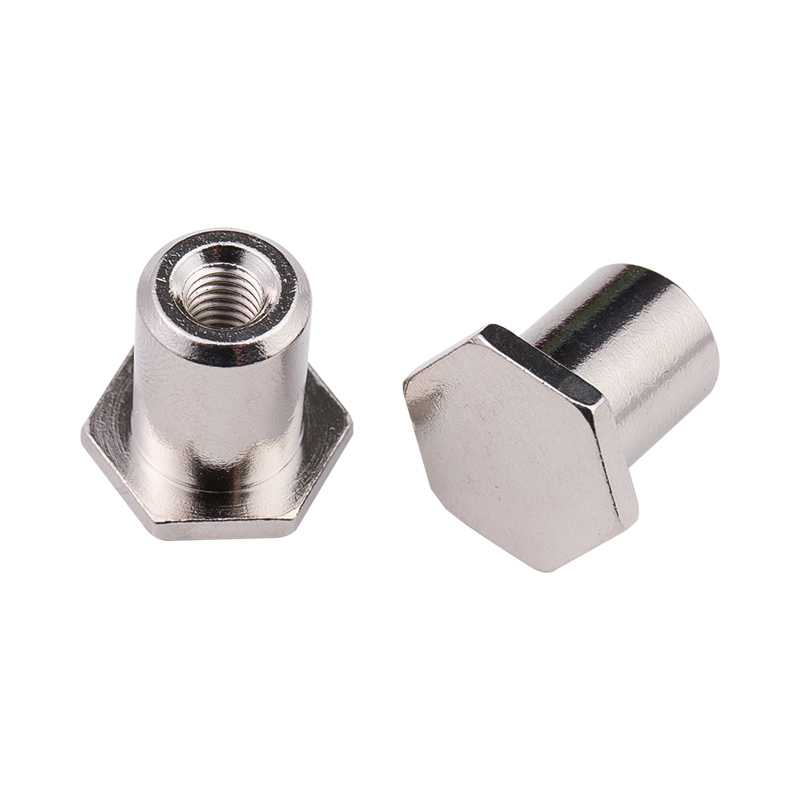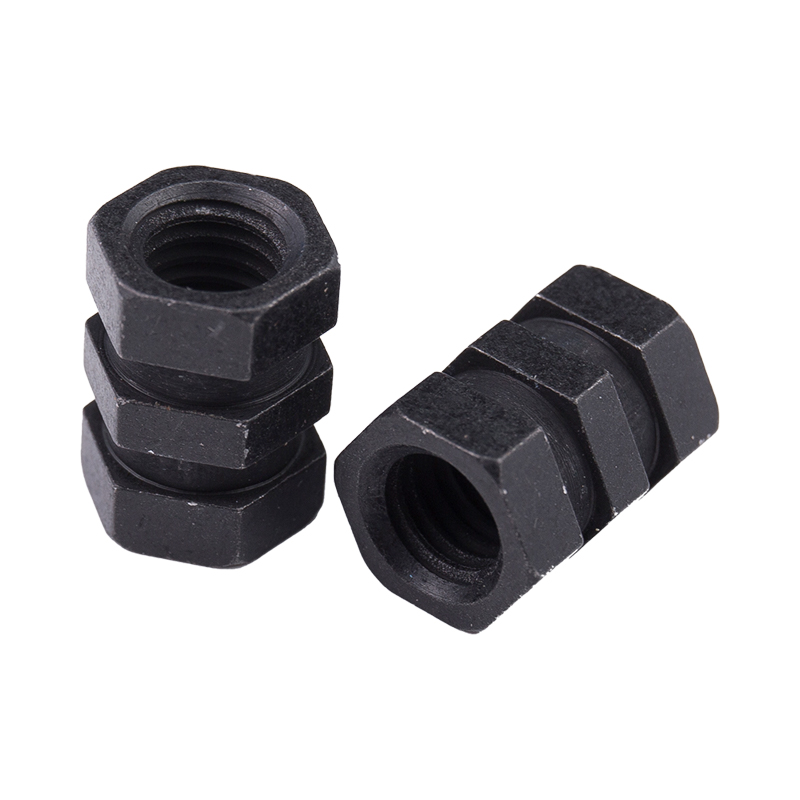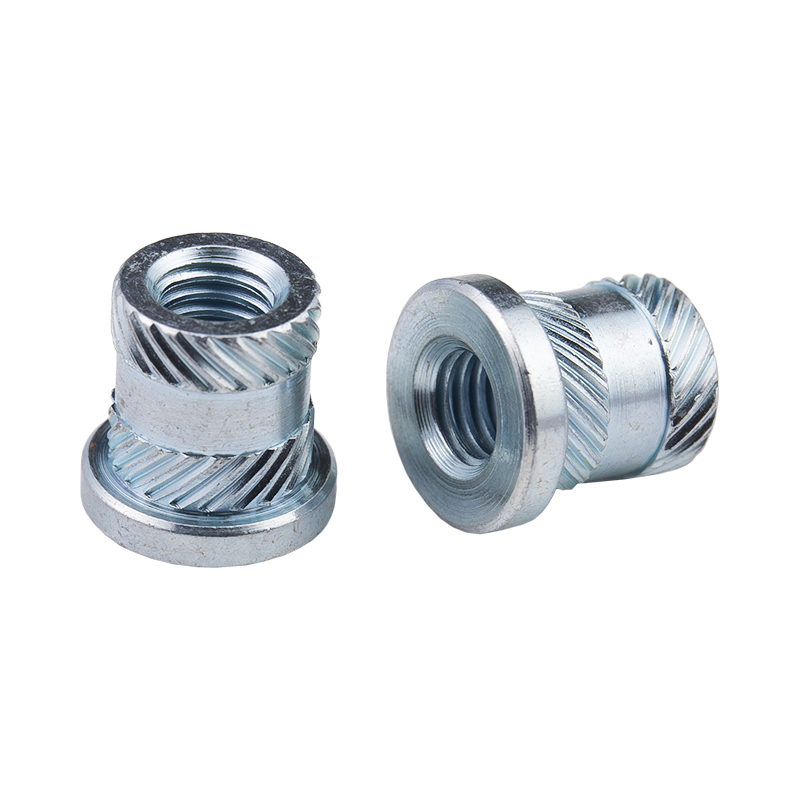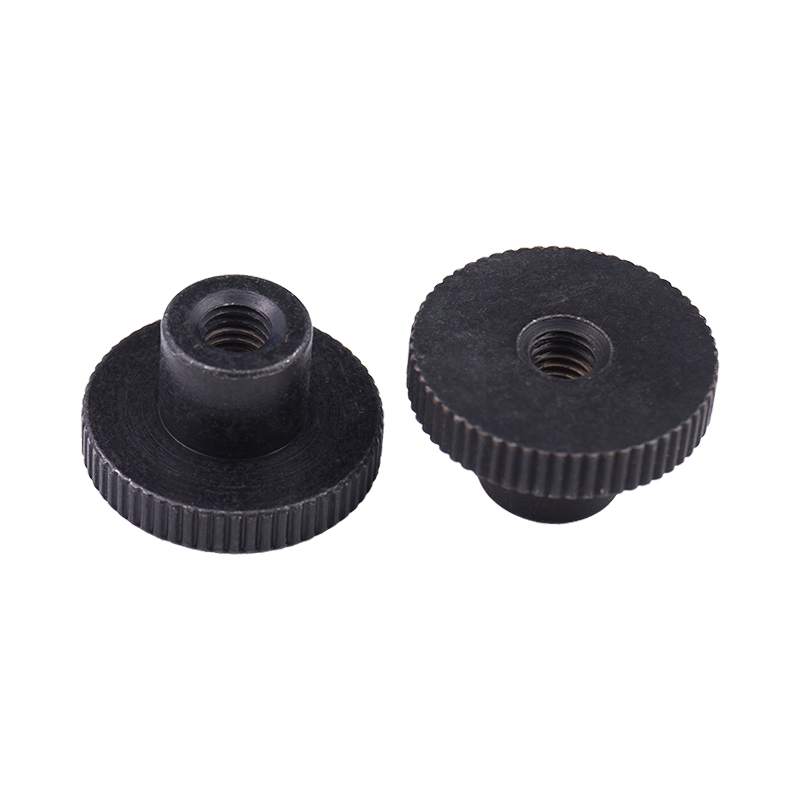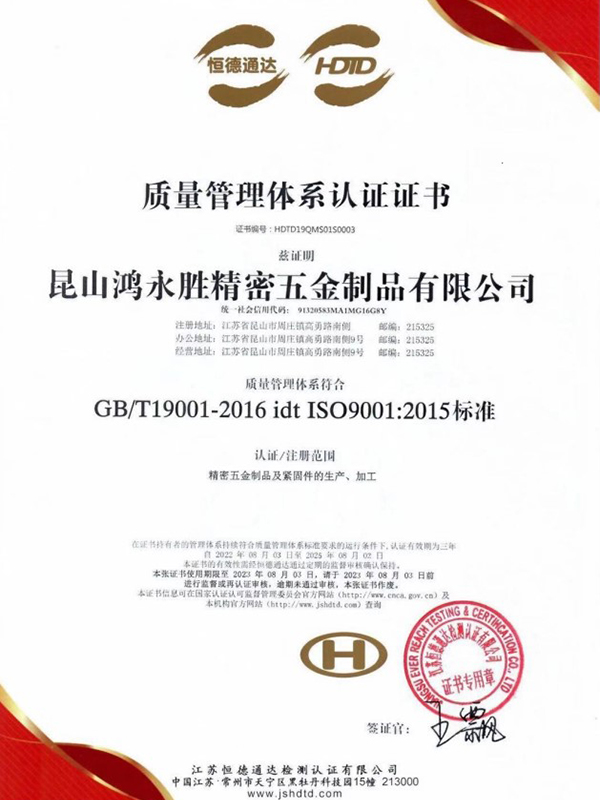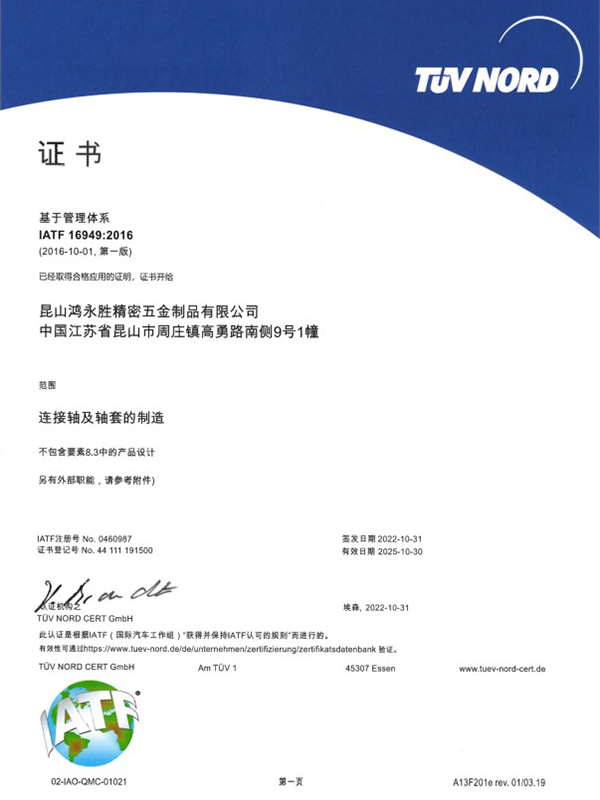Definition and Basic Concept of Hexagonal Rivet Nuts Hexagonal rivet nuts are internally threaded fasteners designed to create strong, load-bearing threads in thin or hollow materials where convention...
READ MOREThe company has obtained two quality system management certificates of ISO9001:2015 and IATF16949:2016.
At present, the company has been for Japan, Sweden, the United States, Singapore, Malaysia, Hong Kong and the Pearl River Delta and many other customers to provide services, now the main customers are: Japan Sharp (SHARP), Japan SMC, Japan Panasonic (Panasonic), the Swedish automobile VOVOL, etc., all the fixed assets investment of more than 30 million dollars, welcome friends from all walks of life to the factory to visit, study, consulting and come! We welcome friends from all walks of life to visit our factory, investigate, consult and come to us for sample processing.
We are looking forward to establishing a good business partnership with you with mutual trust and reciprocity!
-
-
Understanding Sealing Requirements in Hydraulic and Pneumatic Systems Hydraulic and pneumatic connections operate under internal pressure, media flow, and frequent pressure fluctuations. In these syst...
READ MORE -
Introduction to Screw Hardware Screw hardware is a fundamental component in construction, manufacturing, and DIY projects. It plays a critical role in joining materials securely, providing structural ...
READ MORE -
Introduction to Round Head Cross Bolts Round head cross bolts are a type of fastener widely used in construction, machinery, and industrial applications. They feature a rounded head with a cross slot ...
READ MORE
Can non-standard carbon steel nuts be used in structural applications?
The suitability of non-standard carbon steel nuts for structural applications depends on various factors including the specific requirements of the application, regulatory standards, and the quality of the nuts themselves.
Non-standard carbon steel nuts can offer sufficient strength and load-bearing capacity for certain structural applications, especially when they are made from high-grade carbon steel and manufactured to meet relevant standards and specifications. However, it's essential to ensure that the nuts can withstand the anticipated loads and stresses in the structural system.
Non-standard carbon steel nuts must be compatible with the corresponding bolts, screws, or studs used in the structural connections. Proper matching of thread sizes, pitches, and specifications is crucial to ensure the integrity and safety of the connections.
The quality and reliability of non-standard carbon steel nuts are paramount in structural applications. These nuts should be manufactured to high standards of precision and consistency to ensure proper fit, alignment, and performance. Quality control measures, including material testing, dimensional inspection, and mechanical testing, are essential to verify the integrity of the nuts.
Structural applications are often subject to regulatory standards and building codes that dictate the use of specific materials and fasteners. Non-standard carbon steel nuts must meet these requirements to ensure compliance with safety and performance standards. It's essential to verify that the nuts conform to relevant industry standards and undergo any necessary testing or certification processes.
In outdoor or corrosive environments, non-standard carbon steel nuts may require additional protection or coatings to prevent corrosion and ensure long-term durability. Galvanizing, plating, or other corrosion-resistant treatments may be necessary depending on the application conditions.



 русский
русский Español
Español